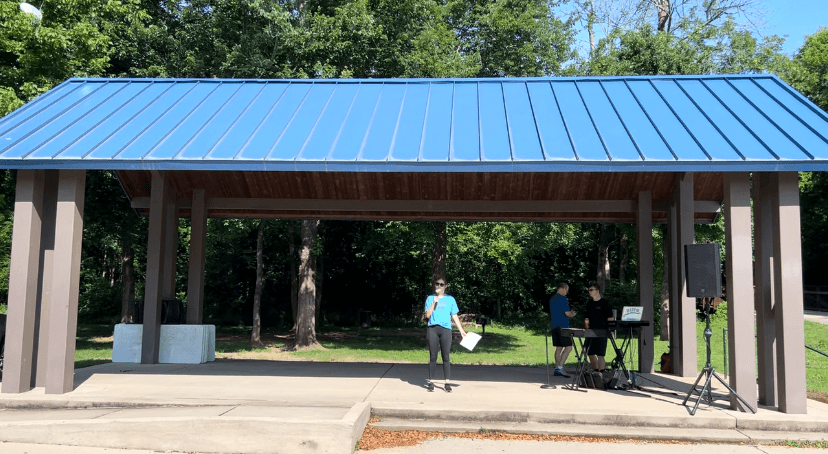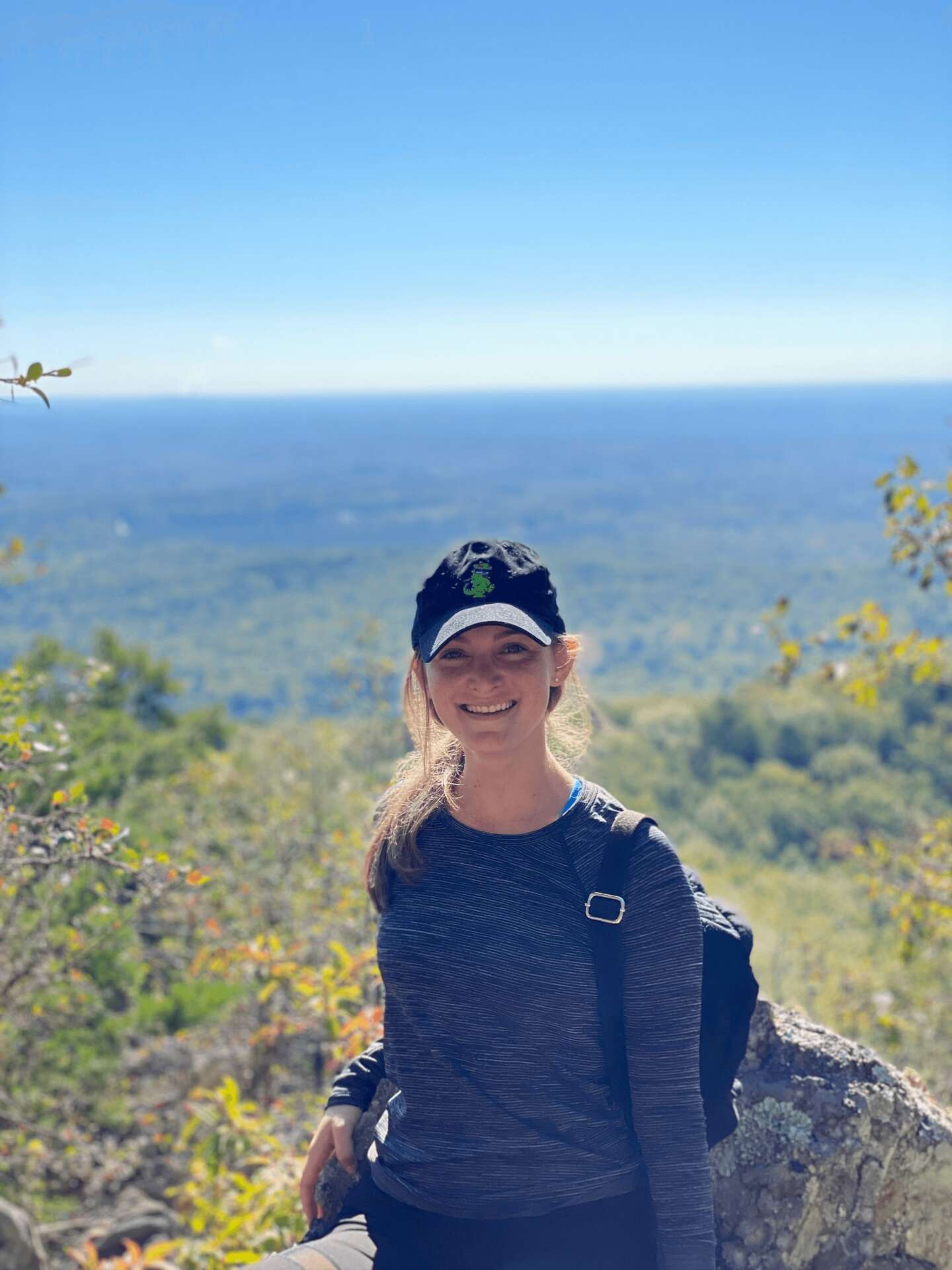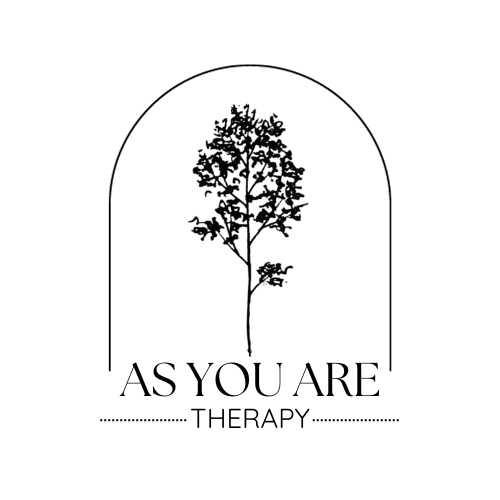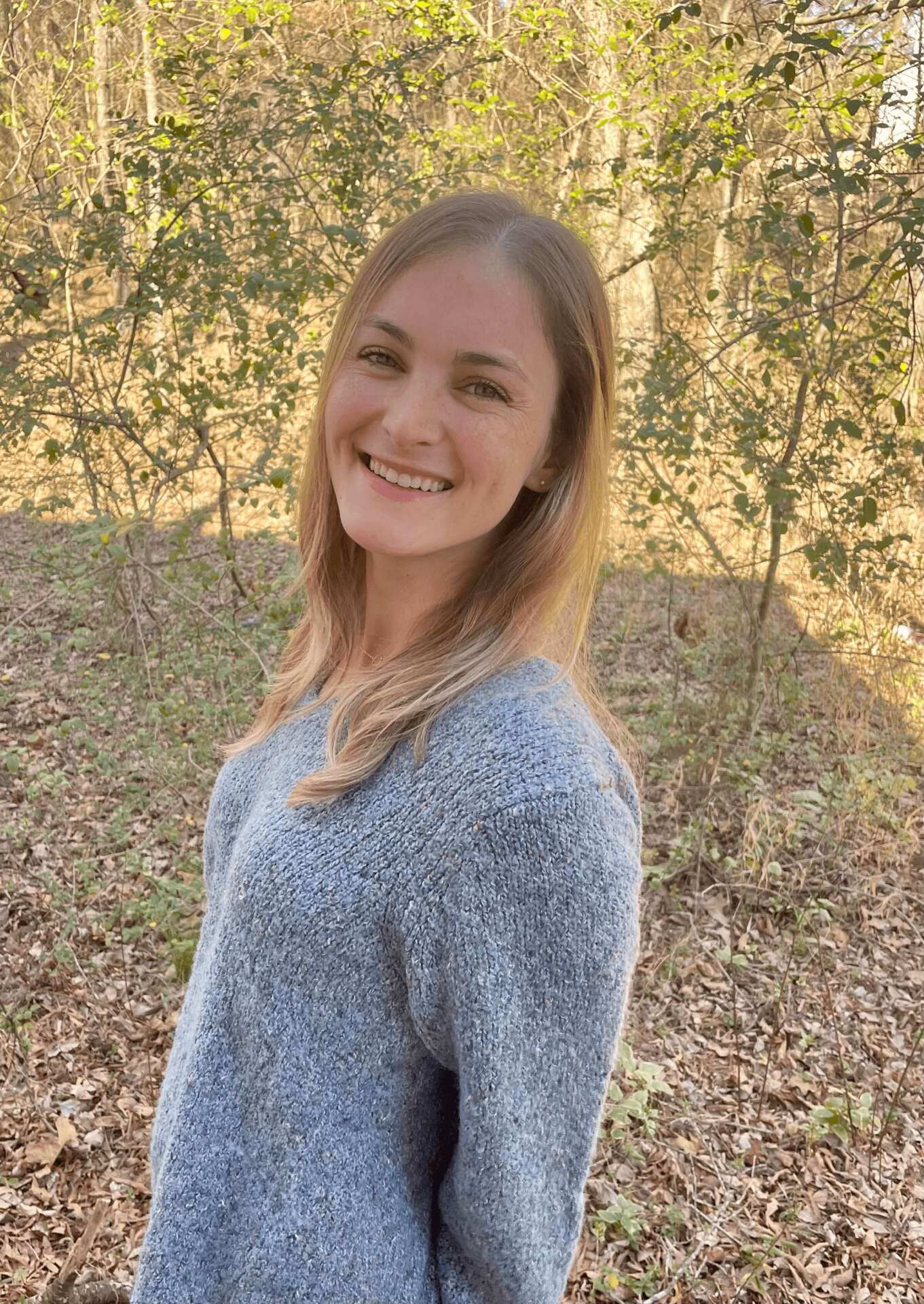We caught up with the brilliant and insightful Ava Pollack a few weeks ago and have shared our conversation below.
Ava, thanks for taking the time to share your stories with us today Alright, so you had your idea and then what happened? Can you walk us through the story of how you went from just an idea to executing on the idea
The inception of my idea to open my own therapy private practice occurred when I was eight years-old, so, in a way, it was many years in the making! I knew from a young age that I wanted to be a therapist and always saw myself doing so while raising my own family in a private practice setting. Fast forward to graduate school for mental health counseling, I completed my clinical internship at an eating disorder higher level of care facility and fell in love with the work. The number of people I was able to support at once, both individually and in group settings, propelled me into the next 4-5 years where I grew as a clinician at this same facility and at times questioned if I even wanted to venture out on my own. I appreciated the clinical support and social benefit of working on a team and felt passionate about the therapy I was conducting. I poured all my energy into my work, which felt worth it despite how draining it was on other aspects of my life. However, my limit had been made clear on the most joyous day of my life when I learned that I was pregnant. Knowing without a shadow of a doubt that I could not feasibly put as much effort into my work when my child would be my top priority, I was unwilling to compromise my work ethic, the quality of care I provided, or my physical and emotional presence in my child’s life. This solidified it; I would start my own private practice to balance my work and personal life. My husband was unbelievably supportive and assured me that taking the risk of foregoing my stable salary would ultimately pay off in the long-term when I built my own caseload. Deciding on the name of my practice was extremely important to me, as I wanted to capture my strongest values as a clinician. I landed on As You Are Therapy, PLLC, to exude unconditional acceptance for all those who entered the therapeutic space and align with my work related to body image and self-compassion. Aside from the required paperwork and licensing, I also became credentialed under several insurance companies through a third-party billing company, as financial accessibility is another extremely important value of mine. Fortunately, serving in a leadership role at my previous job provided numerous networking opportunities, and I maintained close connections to the facility as well as outstanding clinicians (therapists, dietitians, psychiatrists, physicians, etc.) in the community. Building and strengthening connections with other providers allowed me to develop strong referral networks. Direct referrals and creating an inviting webpage on a widely used therapist portal led to building my caseload and filling my schedule within the first couple months of opening my own private practice. Sometimes I need to pinch myself because it’s hard to believe that my dream of over 20 years has come to fruition.

As always, we appreciate you sharing your insights and we’ve got a few more questions for you, but before we get to all of that can you take a minute to introduce yourself and give our readers some of your back background and context?
I am a wife and mother residing in Charlotte, NC. My calling has always been to help others heal invisible wounds when they feel alone or misunderstood. When I was younger, I felt the need to surreptitiously self-soothe, even when I experienced significant events that lead to despair and perceived isolation. Knowing others may have felt similarly deeply troubled me. It became my mission to become a source of comfort, acceptance, and healing for others. My interest in eating disorders specifically was sparked in high school when their high prevalence became abundantly clear. I immediately focused my attention in graduate school on pursuing the treatment of eating disorders, ignoring advice from professors to pursue areas in the field that feel novel or like the “wrong” fit. To start my career, I transitioned from an unpaid intern to a paid therapist at the same treatment facility in 2 different states (New York City for my internship, and Charlotte, North Carolina for my paid job). After COVID forced my work to a virtual setting, I decided to remain virtual when I opened my own private practice for several reasons: low overhead cost, practicality of sending my child to daycare right down the street, convenience for my clients, and effectiveness. It offers the best of all worlds and preserves my dedication to both my work and my family. I witnessed treatment both in person and virtually, and the effectiveness of treatment was not compromised over a virtual platform when the receiver of treatment was committed to the process. What sets me apart from other clinicians in my field is the level of humanity and relatability I infuse into therapeutic interventions as well as my near constant advocacy for size inclusivity. I am honest and direct, so my clients can trust that they hear my true thoughts and feelings. With every word I say, I take my clients’ perspectives into account and prioritize the quality of treatment I believe every human deserves. Ambivalence and doubt do not scare me; I love normalizing all different aspects of the therapeutic journey for those with whom I work so they feel like less of an anomaly. As a therapist who works primarily with clients who struggle with eating disorders, disordered eating, and body image, I take a strong stance for body inclusivity and against diet culture. I enjoy supporting my clients in repairing their relationships with their bodies without having to change its size by learning to respect and take care of it regardless of what they see in the mirror.

What’s a lesson you had to unlearn and what’s the backstory?
Due to my background in treating individuals who struggle with eating disorders in a higher level of care setting, I had to unlearn the sense of urgency present in the short-term, insurance-reviewed length of stay. In higher level of care, I had to brace myself weekly to go to bat for deserving patients whose insurance companies had stringent requirements for coverage that broadly functioned within a medical model that holds bias against individuals in larger bodies and does not account for nuance. In an outpatient setting, there is much more space to ebb and flow in the treatment and recovery process and no “average lengths of stay.” This allowed me to adjust my expectations of both myself and my clients and led to meeting my clients where they are rather than attempting to push them beyond their readiness. While I still work on motivation and fostering hope with my clients, I can now more comfortably roll with resistance and let their ambivalence breathe knowing I can walk alongside them without the looming fear of them losing insurance coverage. I have become a much more patient clinician working in an outpatient setting.

Where do you think you get most of your clients from?
My best source of new clients is through direct referrals from providers in the area with whom I collaborate, particularly dietitians. When treating eating disorders, encouraging clients to meet with a full team including a therapist, dietitian, and medical doctor is extremely important due to the multifaceted nature of this mental health condition. I have spent significant time and effort building trusting relationships with other providers who share my perspectives on eating disorder treatment and take an anti-diet approach. The dietitians with whom I collaborated several times and have seen positive results from our collaboration have sent numerous clients to my practice, and I have done the same for them. This type of collaboration requires frequent check-ins and case consultation so we can ensure that we are informed and providing consistent care, which has further strengthened my relationships with these providers as well as with my clients.
Contact Info:
- Website: https://www.asyouarenc.com
- Instagram: @as_you_are_therapy


Image Credits
In the image where I am giving a speech, this occurred at the National Eating Disorders Association (NEDA) Walk in Charlotte, NC


